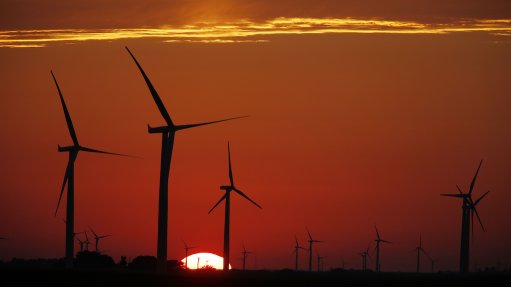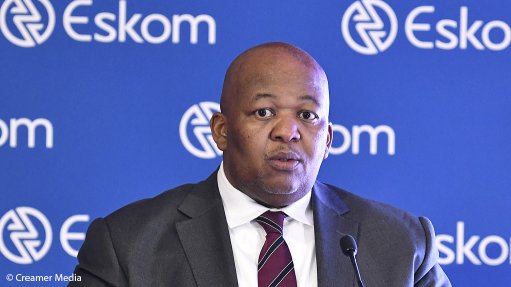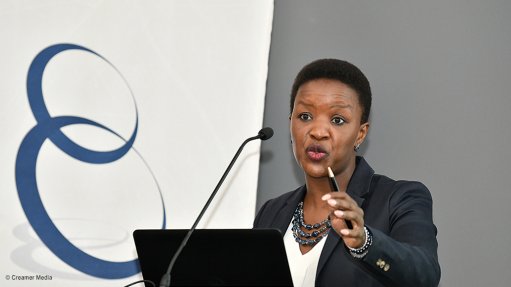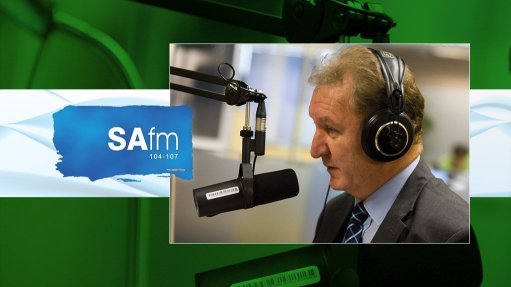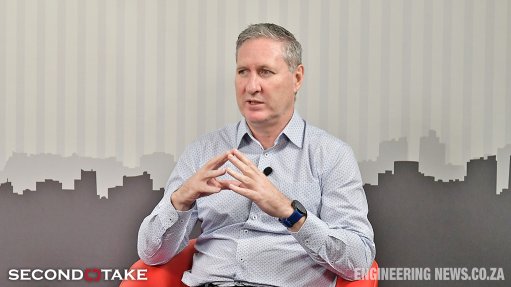Challenges ahead as dealerships move to EVs, says LMG’s Dipela
Legacy Motor Group (LMG) chairperson and shareholder Mpho Dipela says dealerships in South Africa face “significant challenges” as they participate in the transitioning to electric vehicles (EVs).
At the end of 2021, there were more than 16.5-million electric cars on the road worldwide, with this number expected to reach almost 350-million by 2030.
“For example, the higher costs of EV manufacturing, combined with the need to keep prices competitive for consumers, mean that average dealership sales margins for EVs are often much lower than for ICE vehicles,” says Dipela.
“Manufacturing and particularly battery prices need to improve to overcome this obstacle and drive profitability.”
Dealerships in South Africa also face limitations in their ability to set and negotiate end-prices, owing to pricing controls and online channels increasingly being controlled by original-equipment manufacturers (OEMs, or vehicle manufacturers), explains Dipela.
With more OEMs committing to increasing EV production, there is a growing desire to shift to online sales channels, or even sell exclusively online, which could further limit the role of dealerships – an issue that requires industry engagement to safeguard small businesses and jobs, he notes.
“The high cost of EVs is also a concern for consumers and dealerships,” says Dipela.
“Many South Africans who purchase vehicles outside of the premium segment simply cannot afford to purchase an EV, and dealerships must find ways to make EVs more affordable for these aspirant customers. EVs are still regarded as for the elite.”
This conundrum does, however, provide greater opportunities for dealership finance departments to help consumers bridge the gap between the price of EVs and traditional vehicles.
“Additionally, while the profitability of used EVs remains uncertain, their longer lifespans and slower depreciation suggests that they could ultimately hold greater value for the second-hand market, which could mean an opportunity for dealerships specialising in preowned vehicles,” says Dipela.
He adds that dealerships must update their operating models and financial planning to accommodate the EV transition, as EVs could result in a 40% decrease in aftermarket spending as they have fewer mechanical parts and longer service intervals.
Dealerships will also have to invest in upskilling their staff to ensure that they have the skills and knowledge to sell and service EVs.
“Ultimately, the transition to EVs is not just about selling cars. It is about creating a whole new ecosystem of products and services that support cleaner, greener transportation,” says Dipela.
“This includes everything from charging infrastructure to battery recycling. Dealerships must adapt to this new reality if they want to remain competitive in the market.”
As one example of creating a supporting ecosystem for EVs, dealerships have to invest in infrastructure to support EVs, such as installing charging stations, especially as loadshedding heightens range anxiety.
“Without the adequate presence of charging stations, EVs will not be a practical option for many South Africans,” says LMG public relations, marketing and customer experience GM Edward Makwana.
“The development of a comprehensive charging network will not only benefit EV owners, but drive economic growth and job creation, and reduce South Africa's carbon footprint. However, to ensure that all communities have access to charging stations, support through regulations and fiscal policies is also necessary.”
LMG is a 100% black-owned automotive retail company headquartered in Tshwane.
The company operates a motor trading division that represents five BMW dealerships and three Mini dealerships.
Other divisions of LMG include LMG Approved Repair Centre, LMG Pre-Owned, LMG Prestige and LMG Tyre and Rim.
At present, the company employs just more than 400 people.
Comments
Press Office
Announcements
What's On
Subscribe to improve your user experience...
Option 1 (equivalent of R125 a month):
Receive a weekly copy of Creamer Media's Engineering News & Mining Weekly magazine
(print copy for those in South Africa and e-magazine for those outside of South Africa)
Receive daily email newsletters
Access to full search results
Access archive of magazine back copies
Access to Projects in Progress
Access to ONE Research Report of your choice in PDF format
Option 2 (equivalent of R375 a month):
All benefits from Option 1
PLUS
Access to Creamer Media's Research Channel Africa for ALL Research Reports, in PDF format, on various industrial and mining sectors
including Electricity; Water; Energy Transition; Hydrogen; Roads, Rail and Ports; Coal; Gold; Platinum; Battery Metals; etc.
Already a subscriber?
Forgotten your password?
Receive weekly copy of Creamer Media's Engineering News & Mining Weekly magazine (print copy for those in South Africa and e-magazine for those outside of South Africa)
➕
Recieve daily email newsletters
➕
Access to full search results
➕
Access archive of magazine back copies
➕
Access to Projects in Progress
➕
Access to ONE Research Report of your choice in PDF format
RESEARCH CHANNEL AFRICA
R4500 (equivalent of R375 a month)
SUBSCRIBEAll benefits from Option 1
➕
Access to Creamer Media's Research Channel Africa for ALL Research Reports on various industrial and mining sectors, in PDF format, including on:
Electricity
➕
Water
➕
Energy Transition
➕
Hydrogen
➕
Roads, Rail and Ports
➕
Coal
➕
Gold
➕
Platinum
➕
Battery Metals
➕
etc.
Receive all benefits from Option 1 or Option 2 delivered to numerous people at your company
➕
Multiple User names and Passwords for simultaneous log-ins
➕
Intranet integration access to all in your organisation









